Is Brexit to blame for Dover chaos?
UK and French officials in war of words as holidaymakers hit by long delays
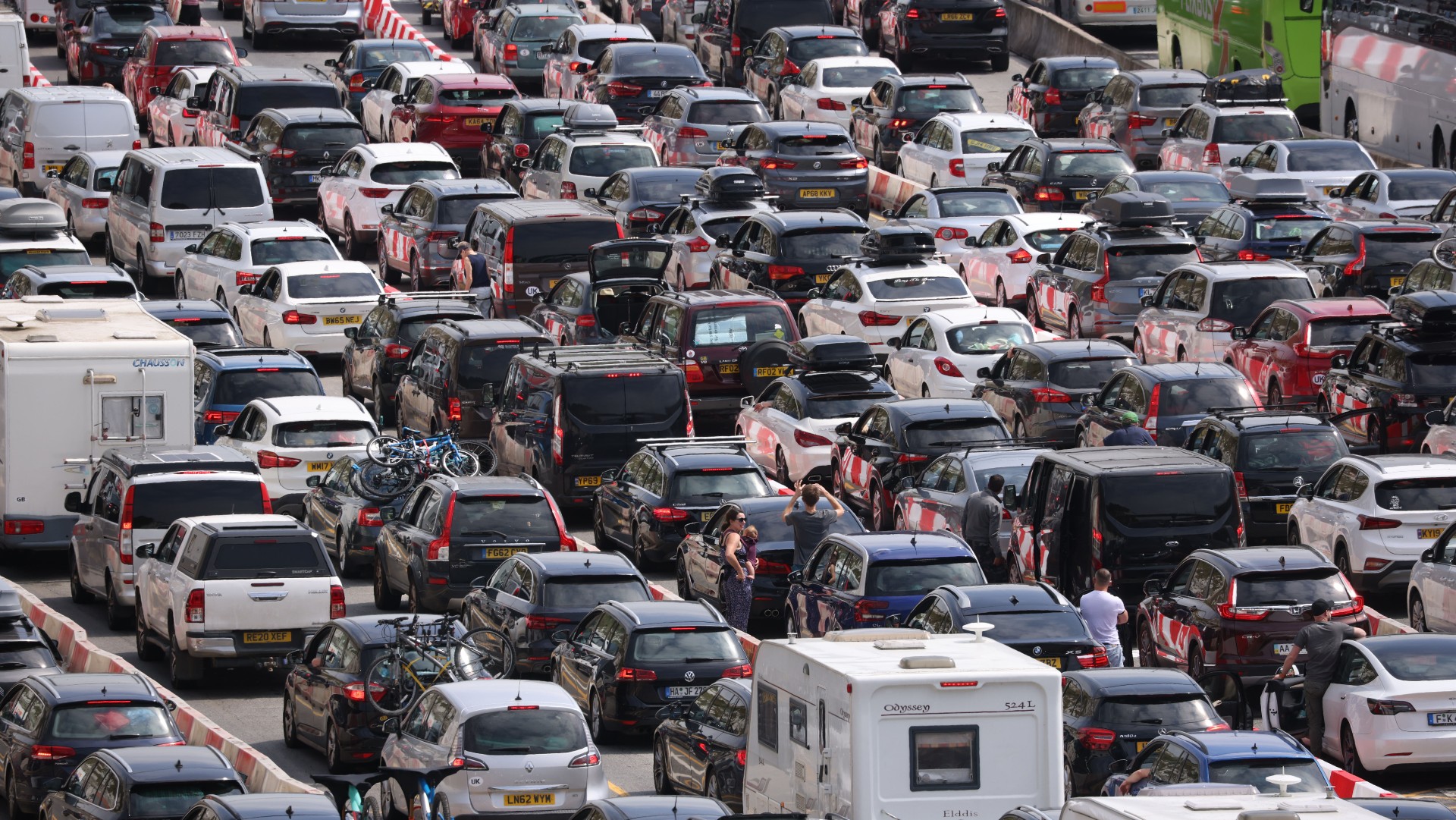
A free daily email with the biggest news stories of the day – and the best features from TheWeek.com
You are now subscribed
Your newsletter sign-up was successful
UK officials have blamed French authorities for long delays at Dover that have left holidaymakers and hauliers stuck in six-hour queues to board ferries over to mainland Europe.
“In the early hours of the first day of the summer holidays, French border guards opened as few as four out of ten booths, leading to accusations that the disruption was deliberate,” The Telegraph reported. Brexit opportunities minister Jacob Rees-Mogg told the paper that “British holidays are being sabotaged by France’s incompetence” and failure to provide enough staff for French passport checks, which have been conducted in Dover since 2004 under the Le Touquet Treaty.
The resulting chaos on what was expected to be the busiest weekend for traffic crossing in more than two years “will hit the French economy and British families alike”, Rees-Mogg added.
The Week
Escape your echo chamber. Get the facts behind the news, plus analysis from multiple perspectives.

Sign up for The Week's Free Newsletters
From our morning news briefing to a weekly Good News Newsletter, get the best of The Week delivered directly to your inbox.
From our morning news briefing to a weekly Good News Newsletter, get the best of The Week delivered directly to your inbox.
‘Fake news’
French authorities “have hit back at claims they are to blame”, said the i news site. Calais MP Pierre-Henri Dumont described the accusations as “fake news” and said the delays were caused by Brexit and the requirement to stamp every passport. Dumont also pointed to a lack of investment in Dover’s port, which he said was three times smaller than its counterpart in Calais.
Port of Dover boss Doug Bannister initially sided with British politicians in blaming a lack of French border guards for the chaos, but later admitted to LBC that it was “absolutely true” that Brexit was ultimately to blame. In “a post-Brexit environment”, he said, the “transaction times through the borders are going to take longer”.
The Independent reported that “observations of cars at the border checks” indicated a typical time of 90 seconds for a family of four to have their documents checked, “probably three times longer than before the post-Brexit rules took effect”.
Kent Online reported that one of the vehicles in the queues this weekend was a truck driven by activists from anti-Brexit campaign group Led by Donkeys that was displaying a massive screen featuring footage of Boris Johnson, Rees-Mogg and David Davis promising free-flowing traffic at Dover.
A free daily email with the biggest news stories of the day – and the best features from TheWeek.com
In 2020, the Financial Times reported that the UK Cabinet Office had rejected a £33m proposal to double the capacity for French government passport checks at Dover, “raising the prospect of long delays for passengers after the end of the Brexit transition period”.
“Until a fully automated border system is operational,” said The Guardian, “passport stamps are now required at most entry and exit points, significantly increasing processing times.”
And the disruption at Dover “may get worse when new biometric checks are brought in as part of the new European Union entry/exit system (EES) for third party requirements”, the paper added. These checks, being introduced next year, may require people to leave their vehicles for biometric checks similar to those at airports.
The current delays are expected to ease in the coming weeks, “but the basic problem remains the road network in east Kent and the port infrastructure – which was specified and built with no thought that it would become a frontier as hard as those the EU has with Russia and Turkey”, said The Independent.
Elliott Goat is a freelance writer at The Week Digital. A winner of The Independent's Wyn Harness Award, he has been a journalist for over a decade with a focus on human rights, disinformation and elections. He is co-founder and director of Brussels-based investigative NGO Unhack Democracy, which works to support electoral integrity across Europe. A Winston Churchill Memorial Trust Fellow focusing on unions and the Future of Work, Elliott is a founding member of the RSA's Good Work Guild and a contributor to the International State Crime Initiative, an interdisciplinary forum for research, reportage and training on state violence and corruption.
-
 Key Bangladesh election returns old guard to power
Key Bangladesh election returns old guard to powerSpeed Read The Bangladesh Nationalist Party claimed a decisive victory
-
 Judge blocks Hegseth from punishing Kelly over video
Judge blocks Hegseth from punishing Kelly over videoSpeed Read Defense Secretary Pete Hegseth pushed for the senator to be demoted over a video in which he reminds military officials they should refuse illegal orders
-
 Trump’s EPA kills legal basis for federal climate policy
Trump’s EPA kills legal basis for federal climate policySpeed Read The government’s authority to regulate several planet-warming pollutants has been repealed
-
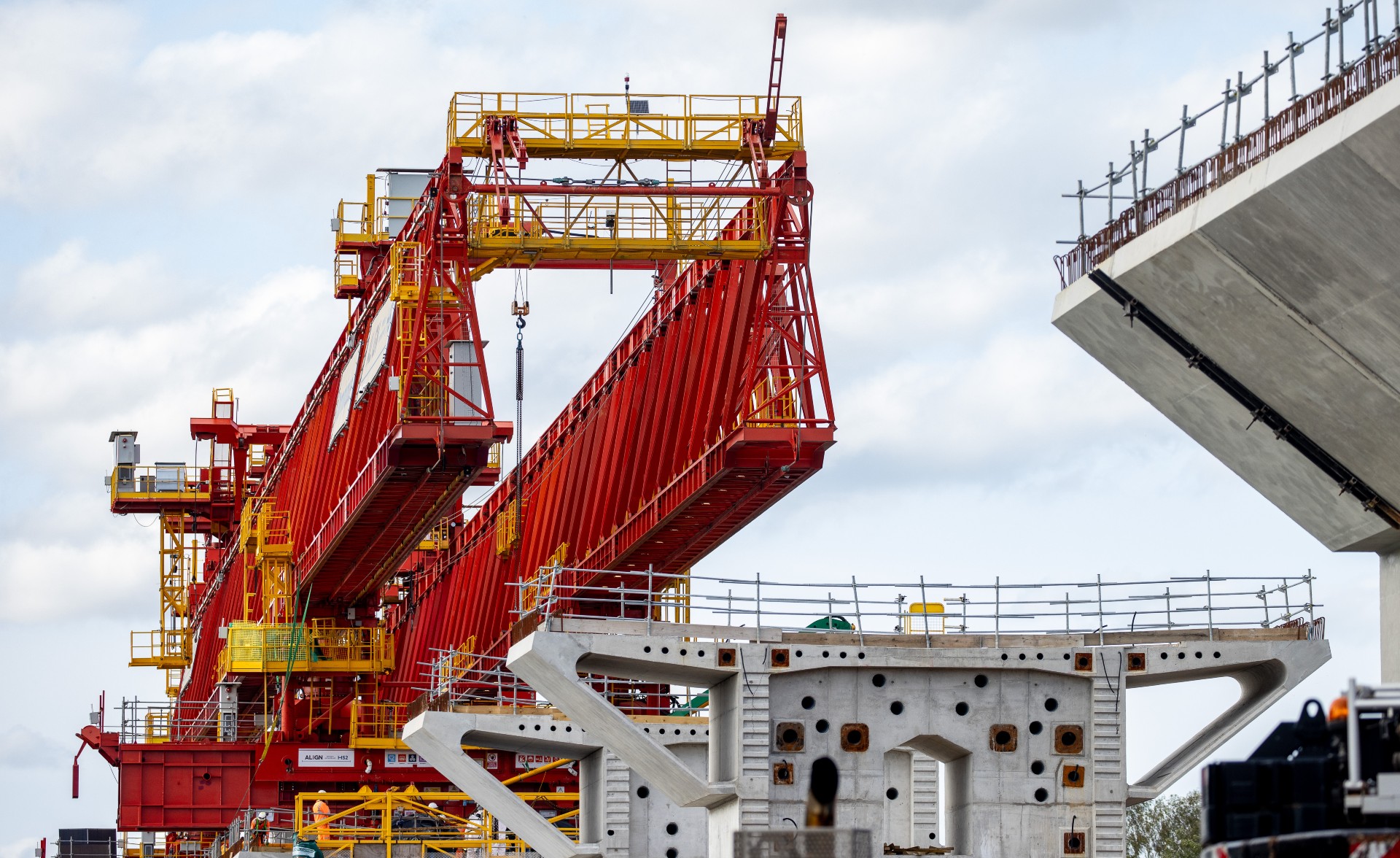 HS2: a runaway train
HS2: a runaway trainTalking Point PM may cut Manchester to Birmingham line of beleaguered rail project due to spiralling costs
-
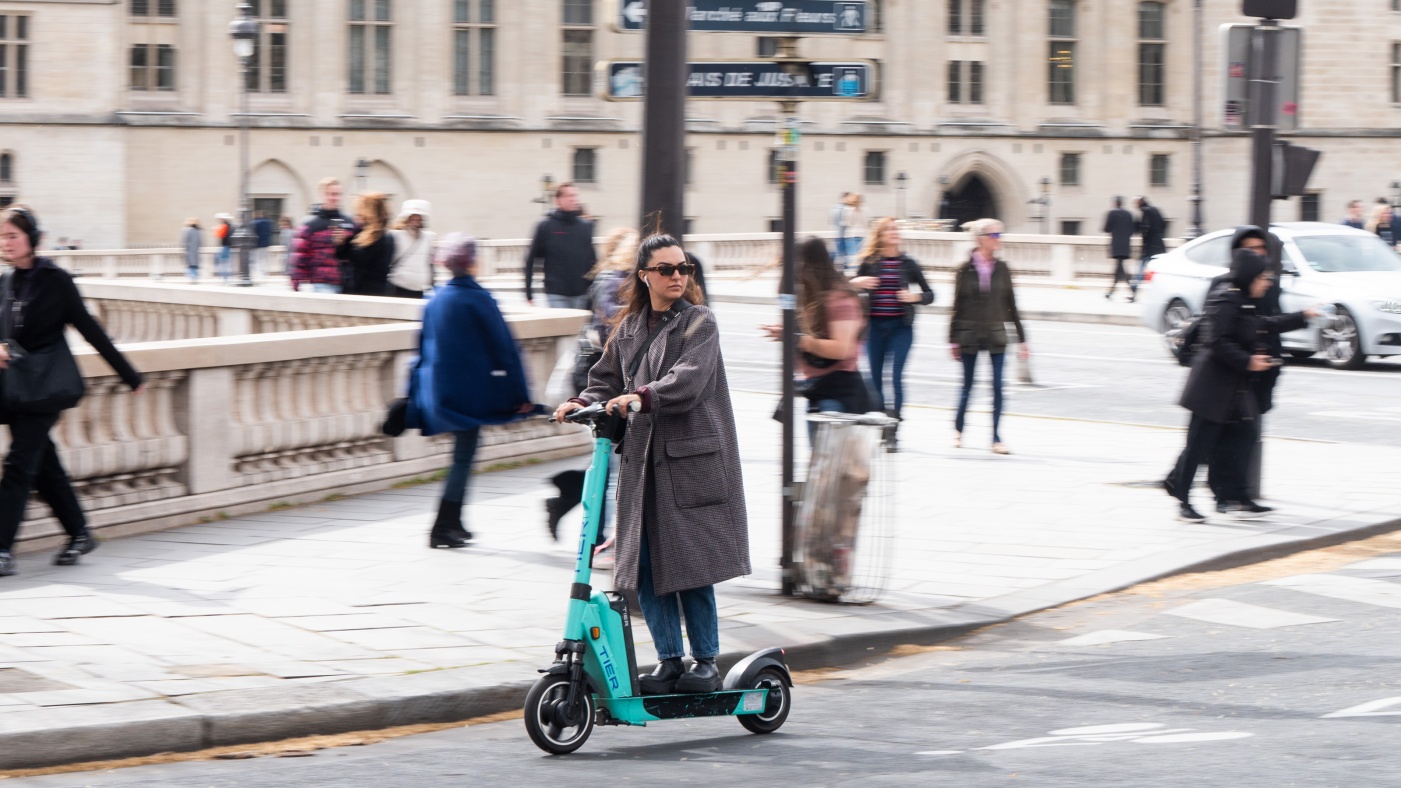 Paris bans e-scooter rentals
Paris bans e-scooter rentalsTalking Point Electric vehicles were popular with younger residents but older Parisians swung the crucial referendum
-
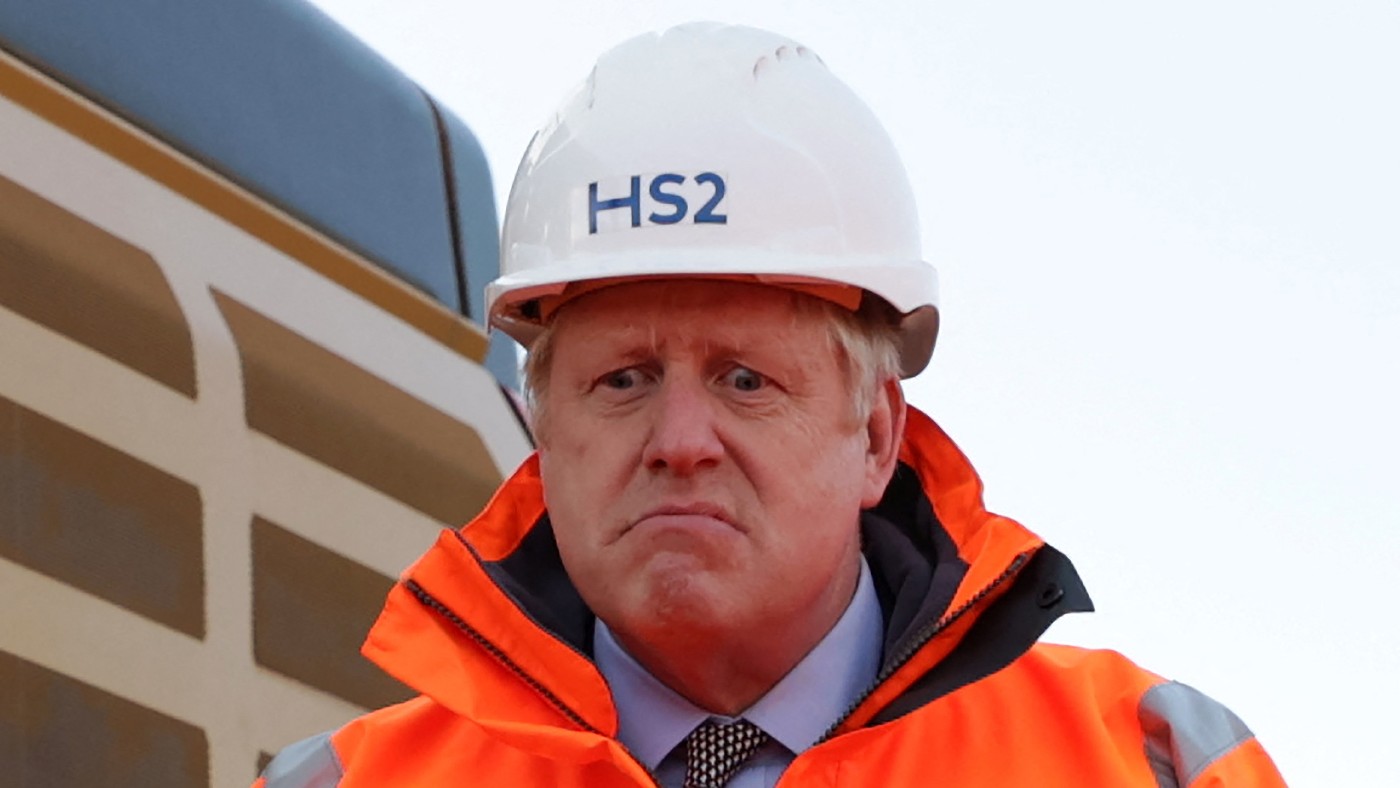 HS2: is this the end of the line?
HS2: is this the end of the line?Talking Point The costs of the track have steadily risen even as the potential gains have diminished say detractors
-
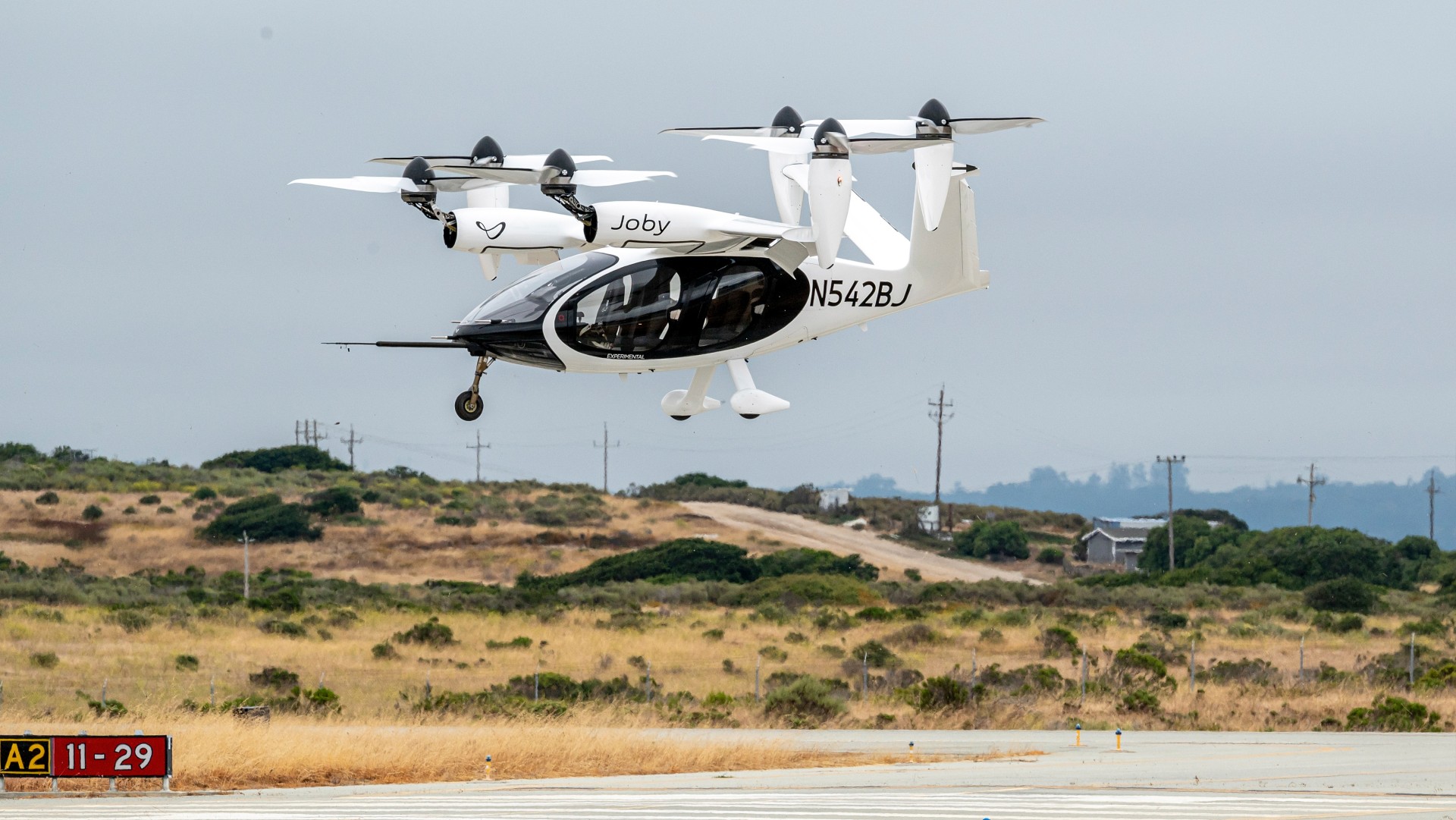 Electric flying taxis: pie in the sky or climate panacea?
Electric flying taxis: pie in the sky or climate panacea?Talking Point Race is on to develop ‘quieter, cheaper and emission-free aircraft’ that can land in city centres
-
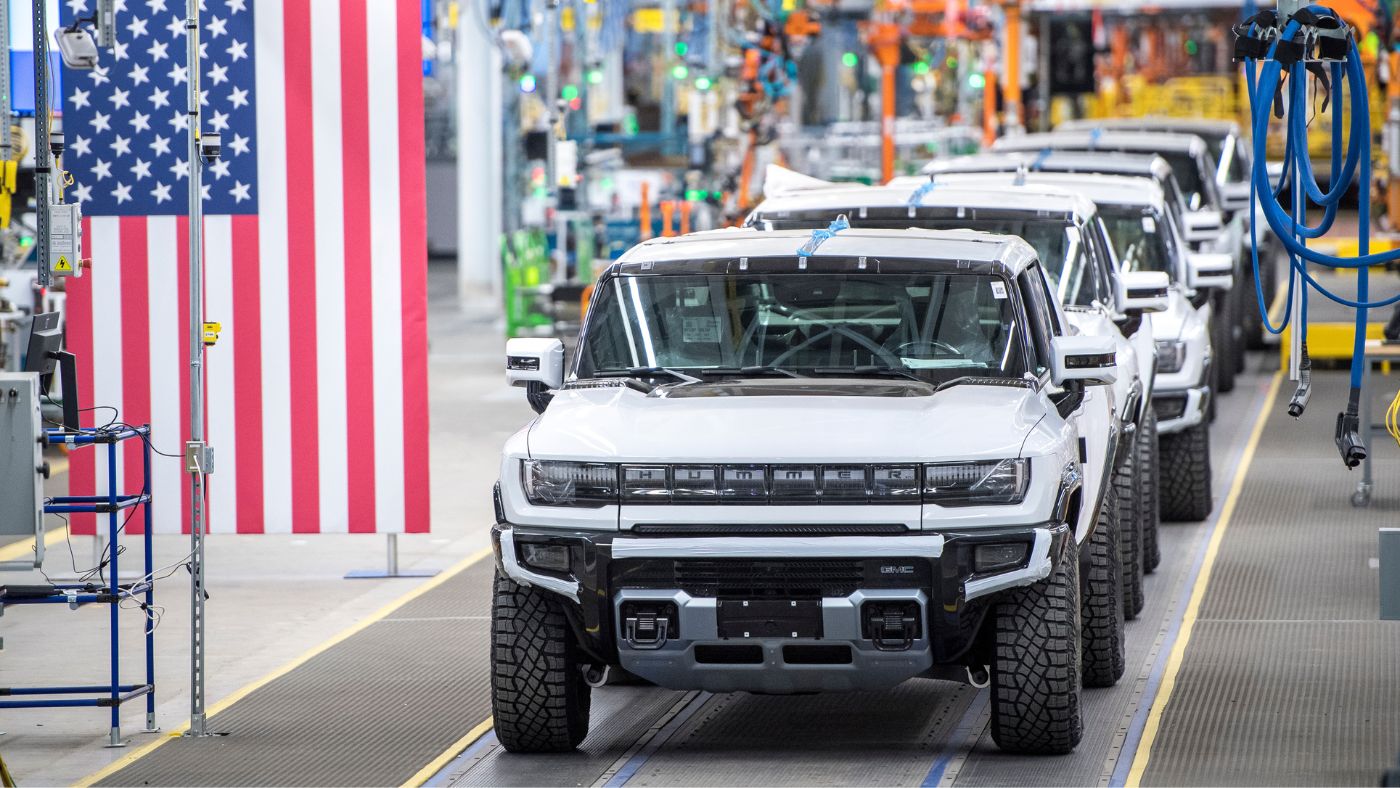 Going electric: the drive to turbocharge a car revolution
Going electric: the drive to turbocharge a car revolutionTalking Point The US EPA has imposed regulations on car makers to increase production of electric vehicles
-
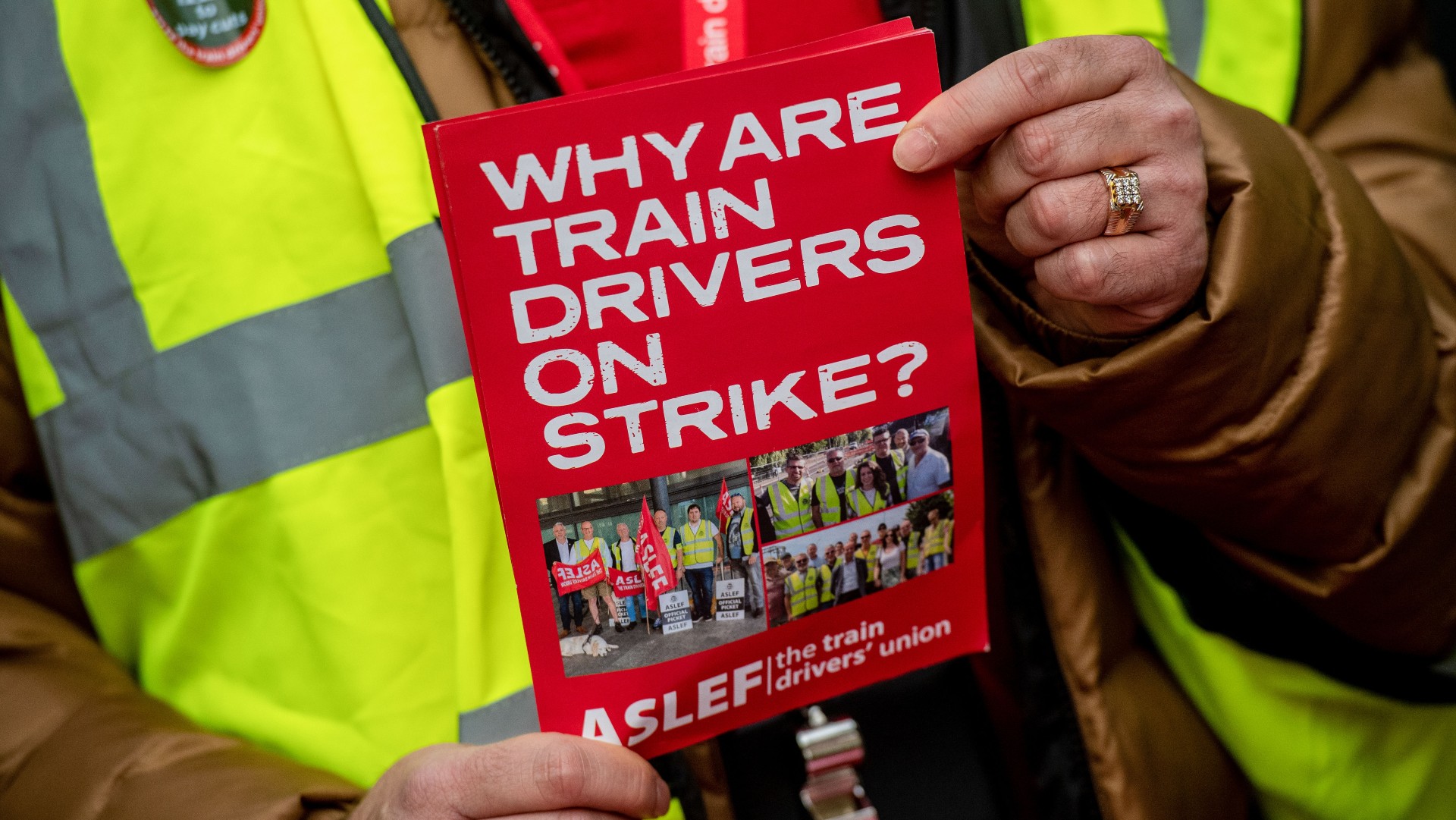 Rail strikes: whose side is the public on?
Rail strikes: whose side is the public on?Talking Point Opinion split over who is to blame for month of train disruptions following failed talks between transport officials and unions
-
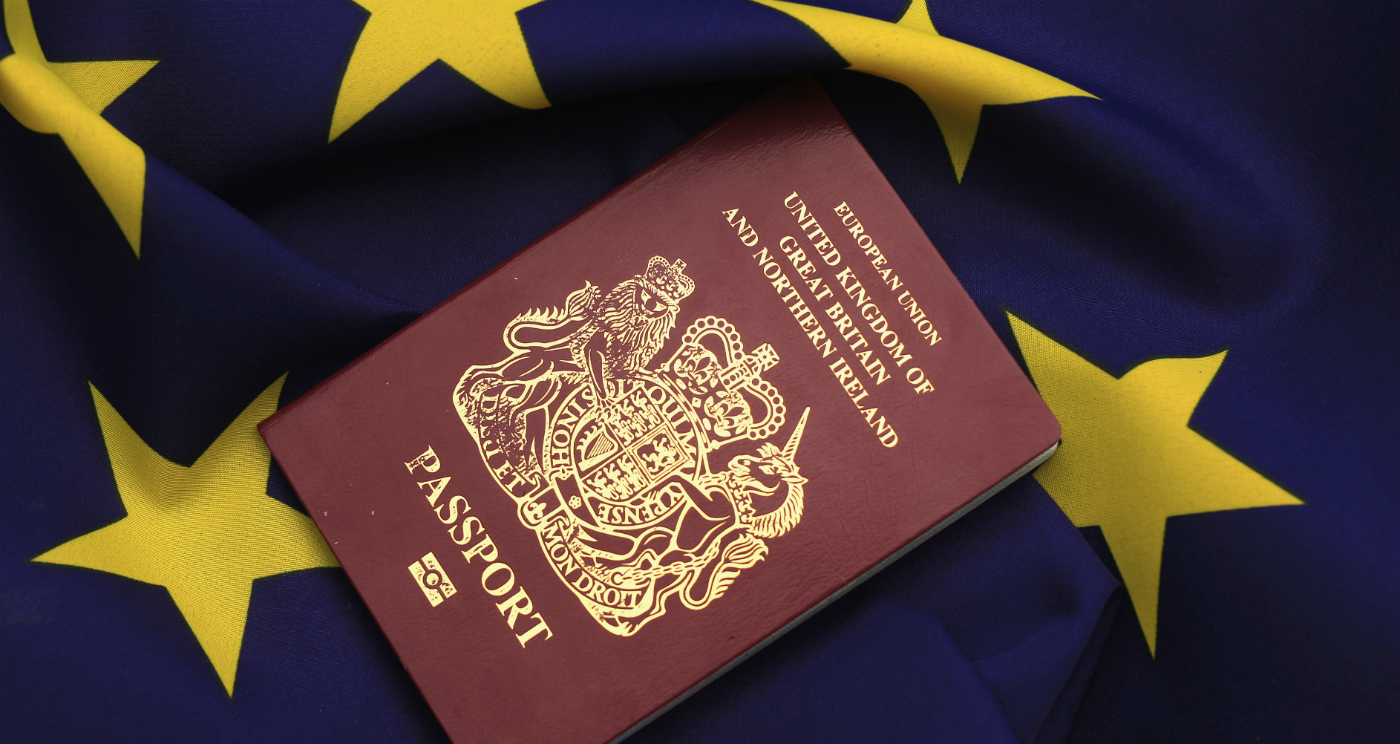 Should you renew your passport before or after Brexit?
Should you renew your passport before or after Brexit?Speed Read Warning that millions of Brits could be denied entry to EU member states
-
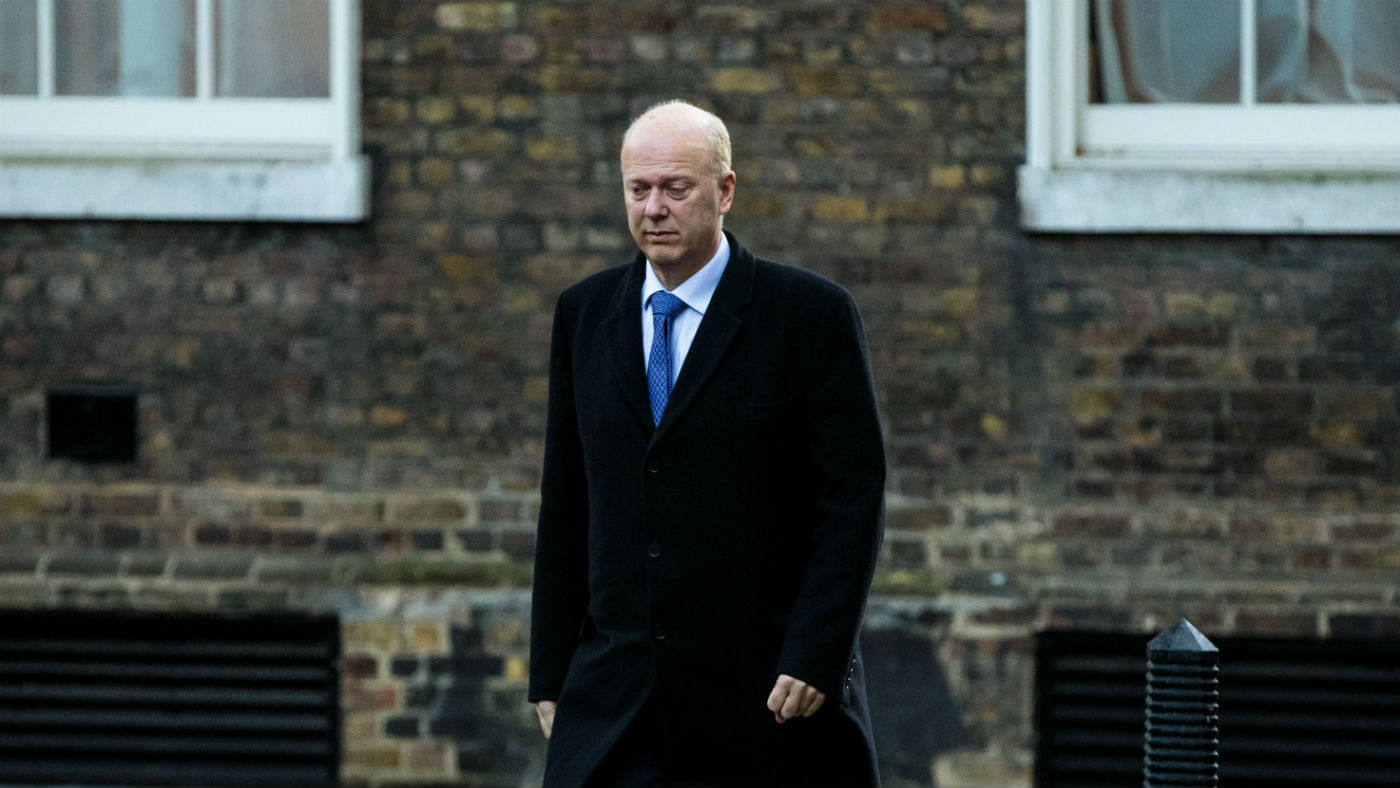 Should ‘failing Grayling’ be sacked?
Should ‘failing Grayling’ be sacked?Speed Read Cross-party MPs call for transport secretary to go after Brexit ferry fiasco